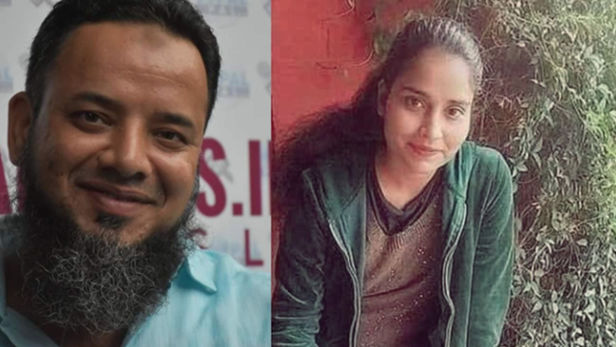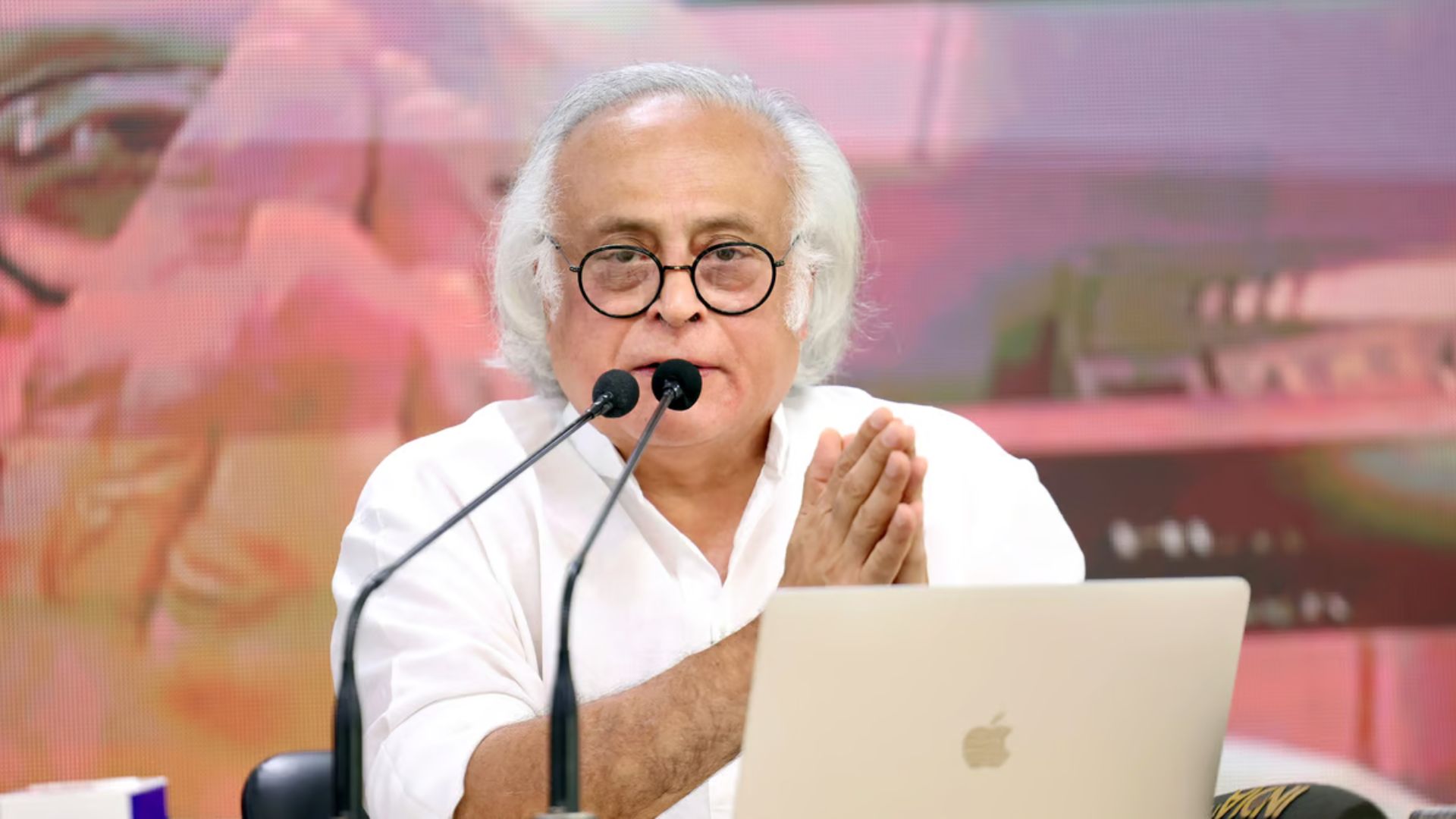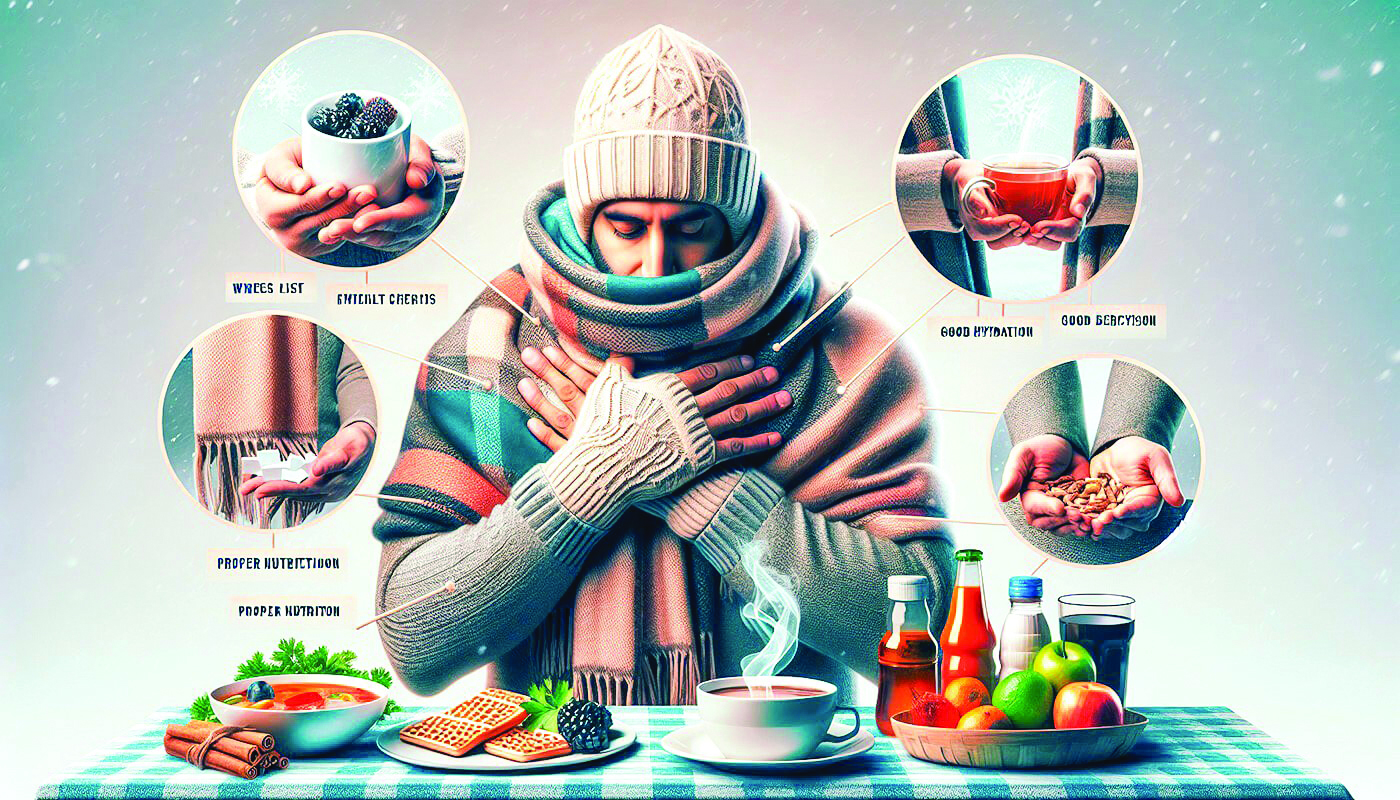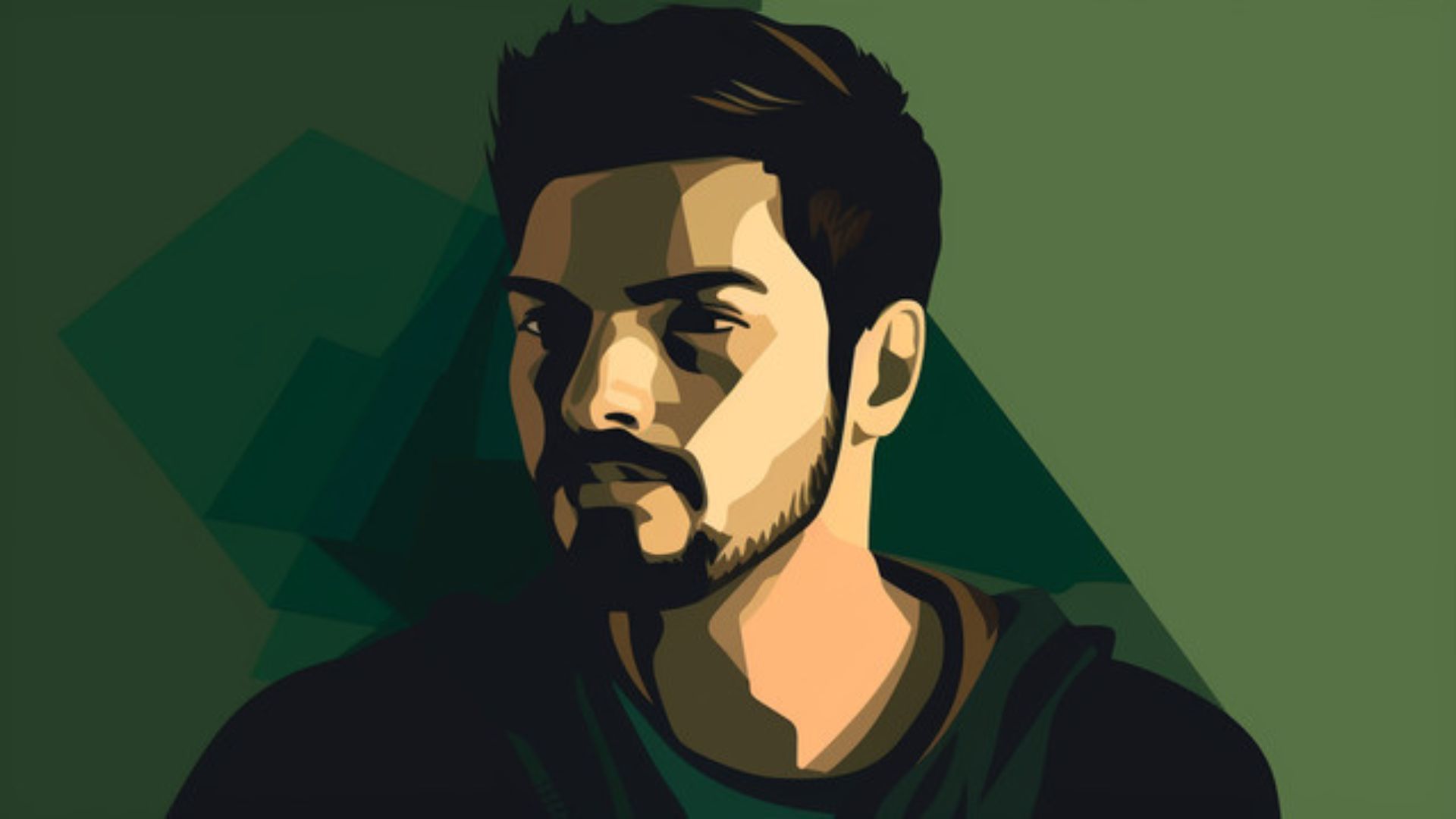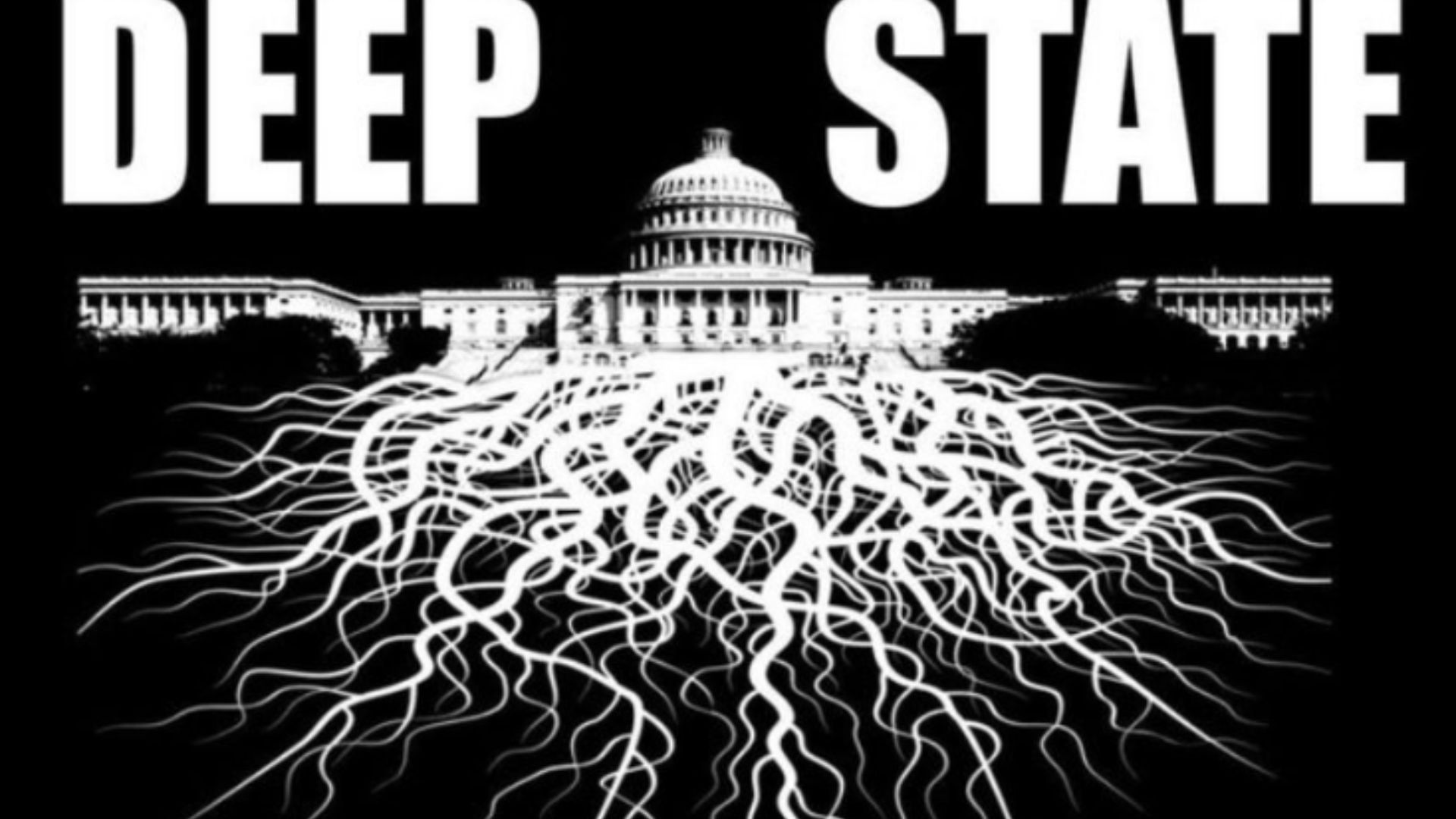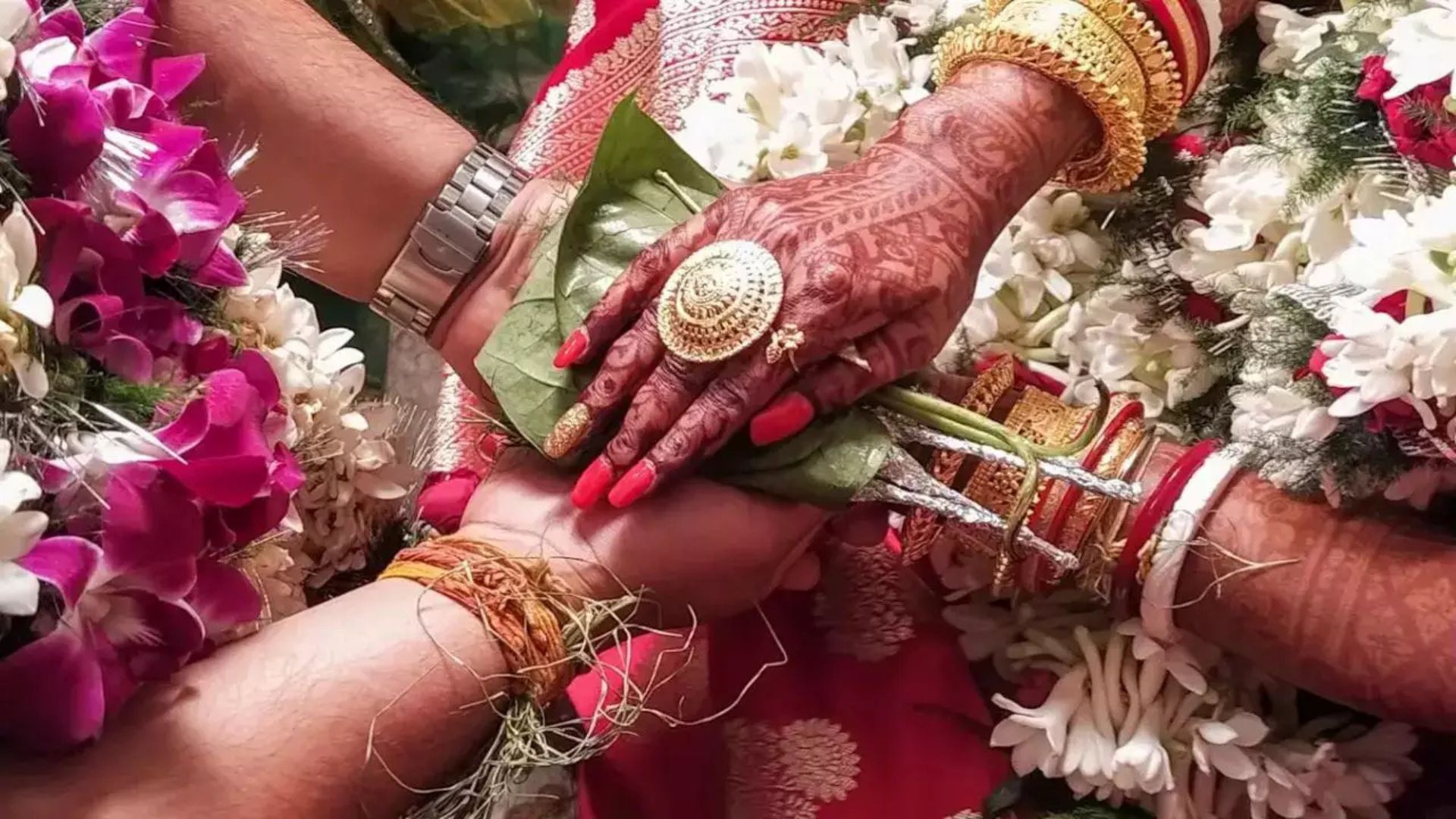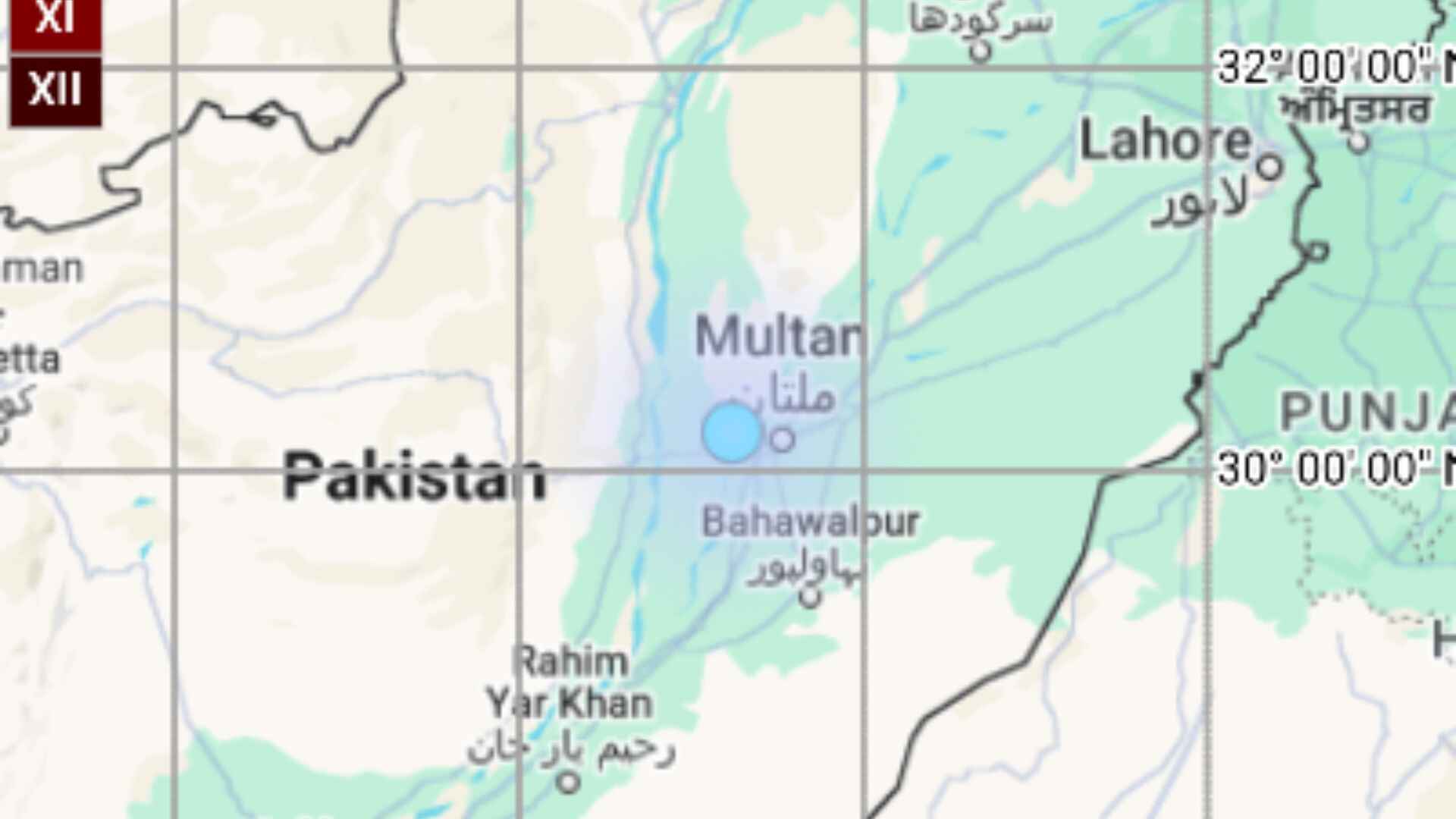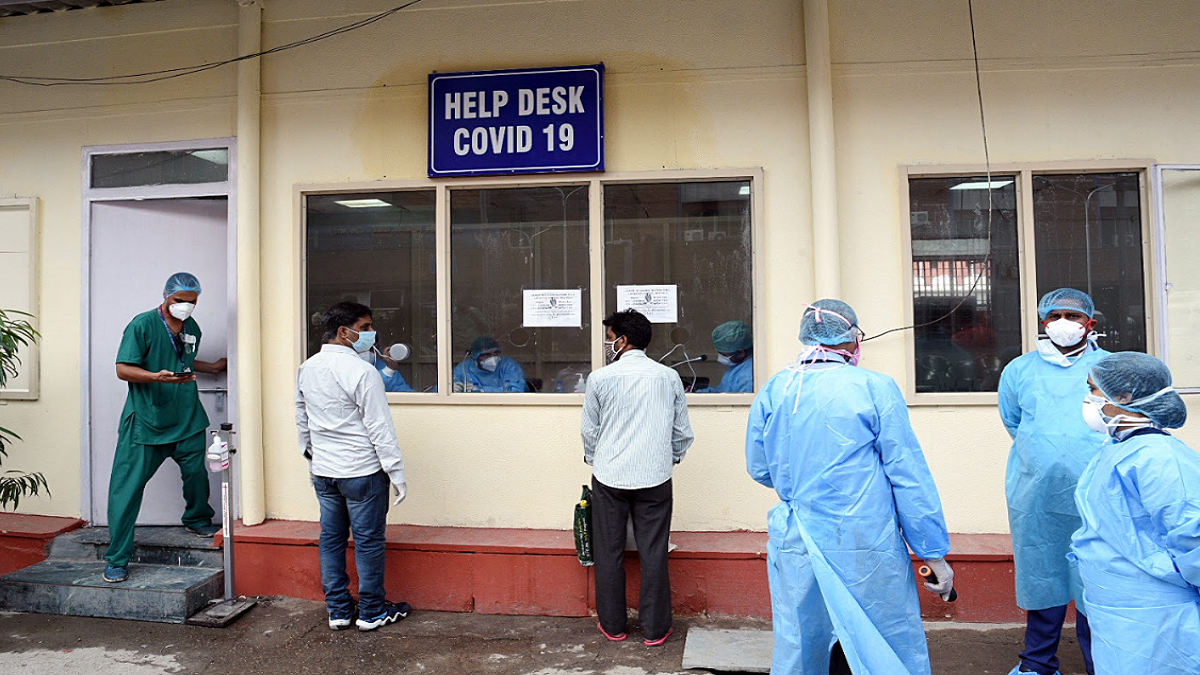
The novel coronavirus pandemic is a watershed moment in history, an event which is much larger than a simple health crisis. Covid-19 has held up a mirror to our society and has forced us to look at who really is vulnerable, who really makes the society work, who have to put their lives on the line when the rest of us are secluded in our houses. It is also a Catch-22 situation for the health workers trapped between their professional ethics and personal safety. On one side, we are supposedly appreciated but on the other we are threatened. Six long months of coronavirus with no sights of its end make us all worry about the future.
The disease which is caused by severe acute respiratory syndrome (SARS-CoV-2) has all the potentials to cause a long-lasting global pandemic, high fatality rates, and incapacitated health systems. Until vaccines are widely available, the only available infection prevention approaches are case isolation, contact tracing and quarantine, physical distancing, decontamination, and hygiene measures. To implement the right steps at the right time, it is crucially important to understand the routes and timings of transmission. Ideally, as this is mainly a health crisis, our primary concern should have been in decision making but unfortunately this is not the case. Medical professionals are being made scapegoats instead of addressing the problems. Bad governance, chronic neglect of the health sector, bureaucratisation, politics and lack of civic sense are leading to irresponsible behaviour. This has added a sense of frustration, despondency, dejection in the medical fraternity during the Covid-19 pandemic.
As Covid cases keep on rising, it should be empathised that our healthcare workers need to be protected physically, socially, mentally, legally and financially. This is an important part of the accepted worldwide strategy in containing this pandemic. At present, they are the most precious resource at present who form the backbone of management. Government, media and public should handle this community with care. Threats and coercion will not work. Imagine putting a gun to a doctor’s head and asking him to treat it. They need to be taken into confidence, listened to and addressed with assurance of safety. Proper treatment cannot be assured by merely forcing a doctor to work or by ensuring only his physical presence. Medical field is imperfect hence it is a combination of science, art, philosophy and economics also. A doctor uses his brain and heart to properly treat a patient. It is unfortunate that the focus and blame are very wrongly shifting towards the health sector.
Meanwhile, long negligence of the public health sector by successive governments coupled with blatant privatisation, over-reliance on insurance-based healthcare delivery models and misplaced priorities have led to the current crisis. Increased spending on an emergency basis in the current crisis on public health will not suffice as the base is very weak. It is like applying paint on a dilapidated old building. Governments need to take help of the private sector but must do it by taking them into confidence.
After Independence, 70% of healthcare was given to the public sector and exactly the reverse has happened in the last 70 years. Unfortunately, reports have come that various governments are not following standard safety guidelines for healthcare workers. Instead of getting incentives they are getting pay cuts, penalised by cuts in DRS and if tested Covid positive, they have to live along with social stigma, poor living conditions, etc. This is unacceptable. If these issues are not rectified urgently, they will not only weaken our response to the current crisis but will also have long-term implications. Less students will opt to become doctors and young doctors will not want to enter government services. The government should immediately give them hazard payments (incentive bonus), regularise all contractual postings, should not insist on tuition fees of post-graduate and undergraduate students, decide work hours, provide adequate safety gear, improve living conditions and have a separate and good quarantine and treatment and quarantine facilities for healthcare staff. Gestures of appreciation sound hollow if not backed by concrete deeds.
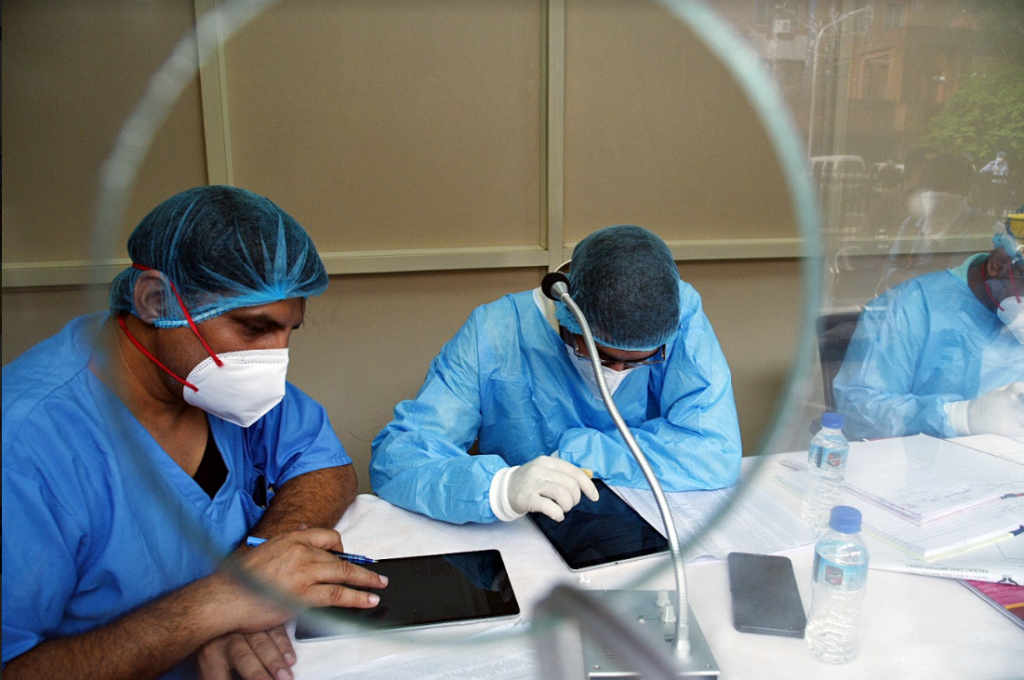
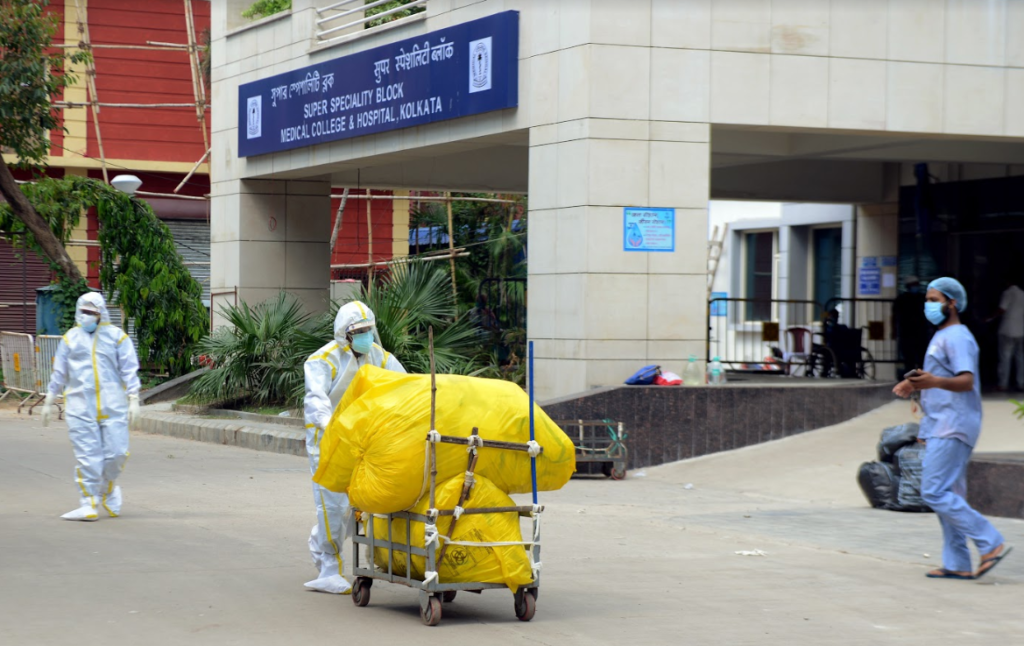
Healthcare givers are not warriors!
No! This pandemic is not a war. Nations do not stand against nations, nor soldiers against soldiers. The everyday language used to describe the pandemic suggests that this is a war. It is portrayed as a battle against a cruel enemy that must be defeated. We are not fighting an invisible enemy and we are trying to stop unthinking strands of RNA and the virus from selfreplicating by systematically altering our own behaviour. Don’t label doctors as warriors so that all the difficulties, abuses and shortcomings can be brushed under the carpet by glorifying us as soldiers. Don’t forcefully try to make martyrs out of us. We are humans and will keep on doing what is humanly possible, provided we get all the necessary support, tools and protection along with encouragement. The ideological challenge is to move away from pedestalised martyrdom and toward action that ensures protected and healthy lives for all. The heroic acclaim of “warriors “suggest that we should make the “ultimate sacrifice”, but we are ready to accept the risk provided our government and society are not reckless with our lives. Slogans like “Healthcare Heroes”, “Thank you for risking your life for us”, “Salute our brave soldiers” are becoming popular at a time when conditions for healthcare workers are worsening by the day. When our society’s appreciation for healthcare workers swells into a kind of hero-worship, it becomes too easy to avoid confronting the structural failures that have been exposed by this pandemic.
Public empathy is important and is valued at a time like this. Without it, our sufferings would have been ignored even more, and we’d feel more burned out and demoralised. But we need much more than this. Improving our working conditions is more important than society glorifying the struggle through hero narratives. We are applauded for risking our lives to help others, but in reality, there is seldom a choice. In this sense, we’re not heroes but desperate and bound, trapped in disempowering working conditions and with few alternatives because we’ve sacrificed too much time and money to pursue our professions. The truth is, nobody wants to be a hero. We just want to be safe. The death of healthcare workers on the front lines of this crisis is a kind of murder that demands sweeping change. Our moral duty argument should not make us scapegoats. The war analogy is a clever ploy by governments to shift the onus on the people by appealing for resilience and trying to shirk their responsibility.
Historically, governments have been often reluctant to disclose actual losses in battle to their people lest national morale is undermined and popular discontent grows, same in Covid-19, where more than often, real and accurate picture is not presented. Covid-19 is a universal threat to the entire mankind. This is why, as we develop, the responses should veer away from the language of conflict and think in terms of cooperation in a global effort. This crisis is a test of our humanity. It brings out the best and worst in people. Let us show each other the best in us. Governments should invest heavily in public health. It’s very pathetic that over the years our spending on health has hovered only at 1 % of GDP. Even neighbouring small countries spend much more. If we do great in the field of epidemiology to understand where spread is happening and how to stop it with minimal negative economic and social impact, we can save lives and livelihoods.
The author is Treasurer at World Medical Association, President of SAARC Medical Association and former President, Indian Medical Association.
